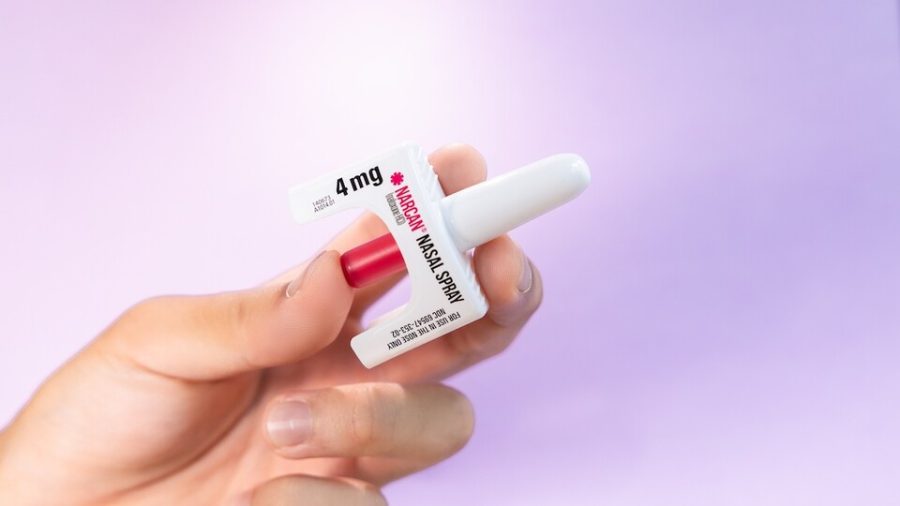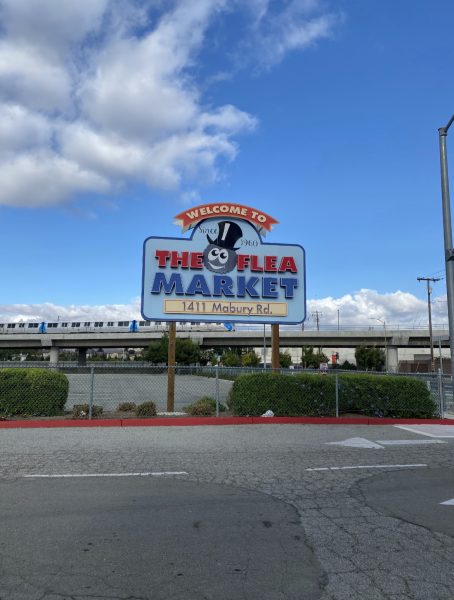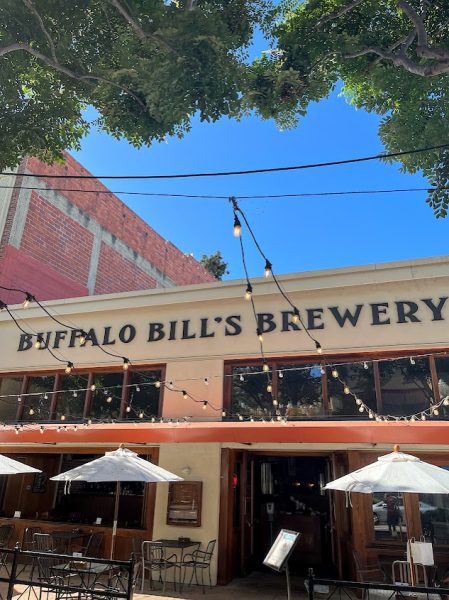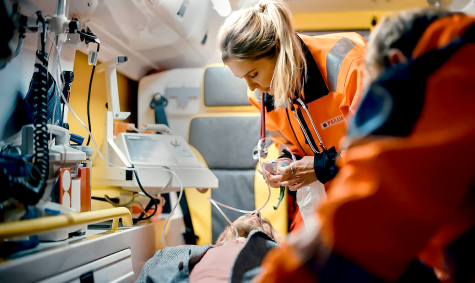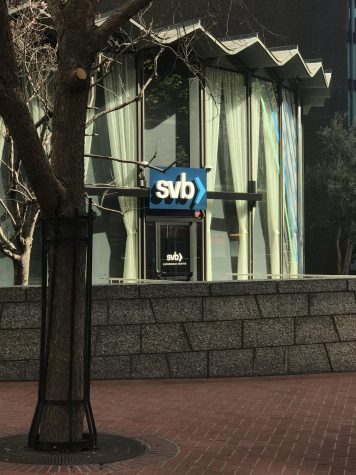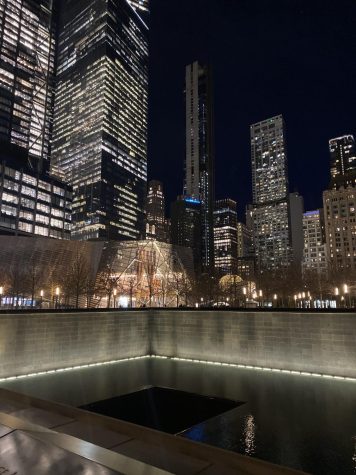Narcan is a Lifesaver but not a Guarantee
April 19, 2023
The U.S. Food and Drug Administration (FDA) approved over-the-counter (OTC) sales of Narcan in a 4 milligram (mg) naloxone hydrochloride nasal spray on Mar. 29, 2023. This marks the first time a naloxone product has been approved for nonprescription use.
What is Narcan?
Narcan (aka Naloxone) is a medication that quickly reverses opioid overdoses and is considered the standard treatment for such cases. This recent decision enables life-saving Narcan to be sold directly to consumers in drug stores, convenience stores, grocery stores, gas stations, and online storefronts. The drug may also be readily available in select public places such as airports, stores, educational institutions, and more.
“Drug overdose persists as a major public health issue in the United States, with more than 101,750 reported fatal overdoses occurring in the 12 months before October 2022, primarily driven by synthetic opioids like illicit fentanyl,” the FDA said.
Signs of Opiate Overdose:
- Small, constricted “pinpoint pupils”
- Falling asleep or loss of consciousness
- Slow, shallow breathing
- Choking or gurgling sounds
- Limp body
- Pale, blue, or cold skin
Narcan offers a critical lifeline for those experiencing an opioid overdose. As a demographic that is particularly exposed to substance use, students, as well as dormitory resident assistants, and parents should be aware of the risks associated with opioid use and the availability of Narcan as a potentially life-saving intervention. Knowing the limitations of what this medication can do is equally important.
While Narcan (naloxone nasal spray) is an effective tool in combating opioid overdoses, it is important to understand that its effectiveness is not guaranteed for all overdoses. The medication is designed to counteract the life-threatening effects of opioids such as heroin, morphine, and fentanyl.
Narcan does not work on overdoses involving non-opioid substances, such as benzodiazepines or other non-narcotic drugs. Thus, symptoms of lethargy, loss of consciousness, respiratory depression (slowed breathing), or hypotension (low blood pressure) triggered by non-opioids — such as benzodiazepine (a common type of anti-anxiety medication) — may not be reversed.
The over-the-counter version of this medicine will be in a one-time-use nasal spray with a preset dosage intended for adults. It is given to a person with a suspected narcotic overdose. They may be unconscious, have slowed or no respirations, be pale, cold, sweaty, confused, or slow to respond.
What this looks like: Expect vomiting, agitation, and a return of overdose-related effects if the patient is not treated in the emergency room promptly.
Using Narcan nasal spray in opioid-addicted individuals may lead to withdrawal symptoms.,If a person experiences withdrawal symptoms after being given Narcan, they should be rolled onto their left side to the recovery position and make sure their airway is clear so that they do not choke. Stay calm and reassure the person while waiting for help. Always assure your safety as well.
Narcan is an incredible resource for reversing opioid overdoses, it should not be considered foolproof. College students and the broader community must stay vigilant about the dangers of substance abuse, recognizing that no single rescue drug can guarantee safety in every situation.
Do not experiment recklessly with drugs that can kill you. If a person is given Narcan they need to go to the Emergency room immediately. The best option is by ambulance so that if symptoms return, the patient will be able to receive emergency medical care as needed. Never give a person Narcan and then leave them alone after they appear awake. Symptoms may return. If you are not sure, err on the side of caution always.
Know how this lifesaving medication works, and know that it’s out there so that if someone around you needs it, and you are in a place where it’s accessible you will be informed. Know the risks, but also know the limitations of this life-saving drug.
Please note that the information provided in this article is not intended to be medical advice. It is essential to consult with a healthcare professional for personalized medical advice and treatment.




